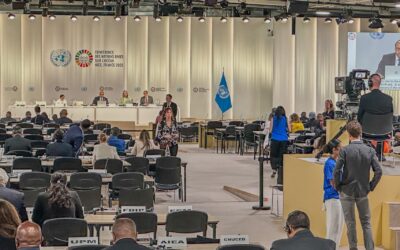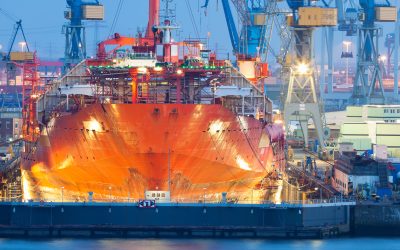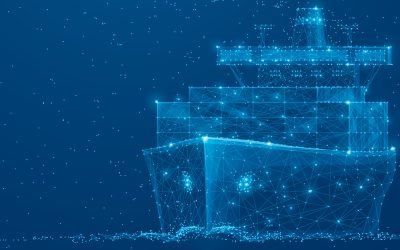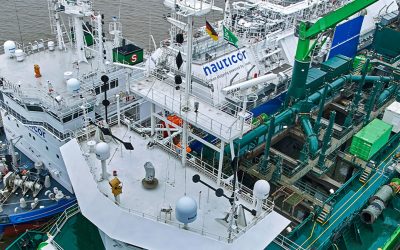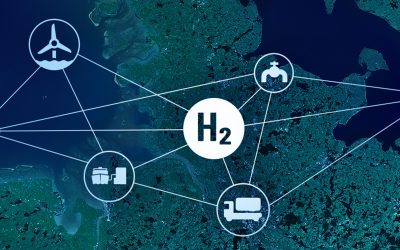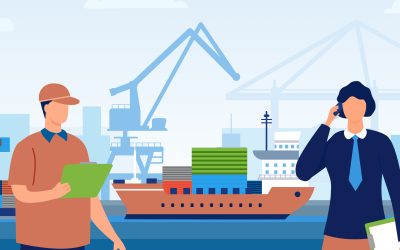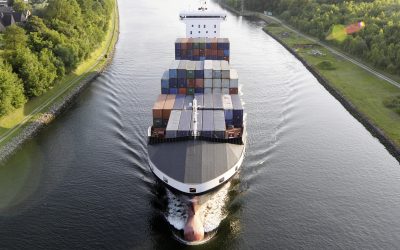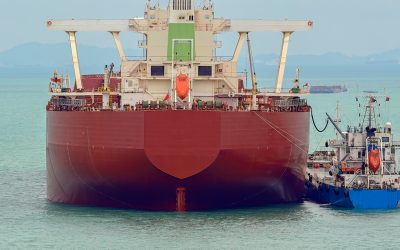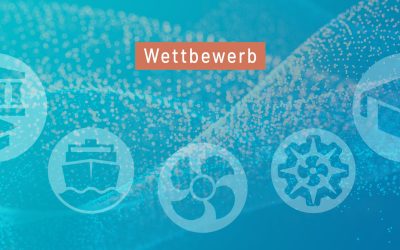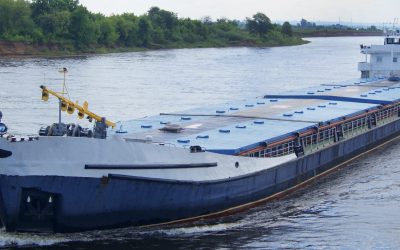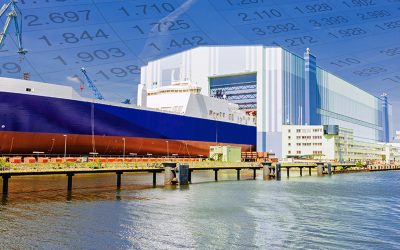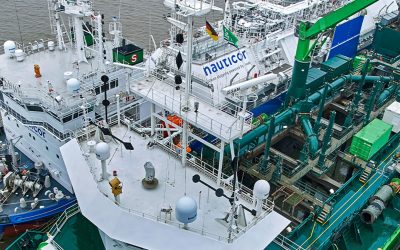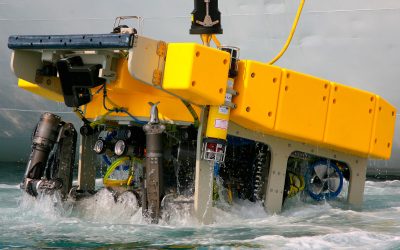What fuel can be used today to ensure a ship is running as climate neutrally as possible, and what will be the case in 10 and in 25 years? The answers to these questions are central to arriving at investment decisions for new vessels or the conversion of existing tonnage – regardless of whether we’re talking about an inland waterway vessel, coastal freighter or 22,000 TEU container ship.
“We have to know which fuels and energy carriers will be available for shipping (including the tolerance, availability, and emissions potential by ship segment). For this purpose, in 2021, the German Maritime Centre commissioned a study from Ramboll GmbH”, explains Claus Brandt, managing director of the German Maritime Centre.
The results of the study were presented at an expert event on 27 April.
With a focus on a fleet analysis closely linked to the German maritime economy, the study provides an overview of the alternative fuels and energy sources that can be generated from renewable sources going forward. A contextualised overview of type-dependent ship designs, worldwide supply potential, and required and existing regulations, up to and including recommendations for action for decision-makers is presented.
“The study looks at the production of these fuels, including energy efficiencies, as well as the costs of future energy carriers and for newly constructing and converting the ships. Gaps in the regulations were identified and proposals for future regulations were described”, says Thomas Rust from Ramboll.
The study shows:
So far, hardly any alternative fuels have been used in the fleet studied. In the quest to reduce greenhouse gas emissions, almost only the corresponding energy efficiency targets are being met. The use of renewable energy sources has been extremely rare so far.
The current global order book for new ship building shows a similar picture. The majority of the ships are designed to comply with the applicable IMO regulations for the reduction of pollutant emissions (sulphur and nitrogen oxides), using the established (fossil) marine fuels.
It is not yet clear what the technical solutions will look like in 30 years.
A general trend towards only one specific renewable fuel, which could be used for supply and storage on board as well as for conversion into propulsion power, is not yet discernible.
There is a lack of a valid international set of regulations for the CO2 emissions of regeneratively produced fuels (also for fuel blends).
The study presents recommendations for action on how the transition to CO2 neutrality in shipping can be designed and which measures, laws and regulations are necessary or have to be adapted for this purpose.
“In future, it will be essential to be able to make a robust statement about the CO2 emissions of alternative energy carriers from production to the tank on board”, explains project manager Ralf Plump, ship and ocean technology officer at the German Maritime Centre.
This problem does not only concern shipping but the conversion of the global energy supply as a whole. The German Maritime Centre will continue to address issues of decarbonisation and emissions reduction in the future.
The study (only in German) can be found here.
Please do not hesitate to contact us if you have any questions.
Press contact:
Dr. Regine Klose-Wolf
Head of Communications
+49 40 9999 698 -51
+49 1590 189 1929
Klose-Wolf(at)dmz-maritim.de

